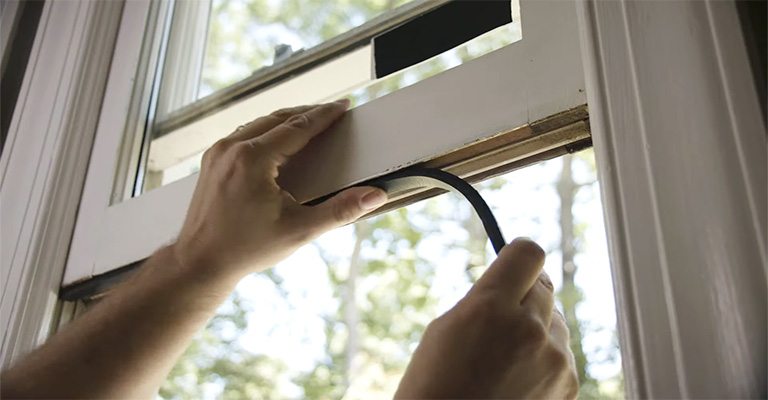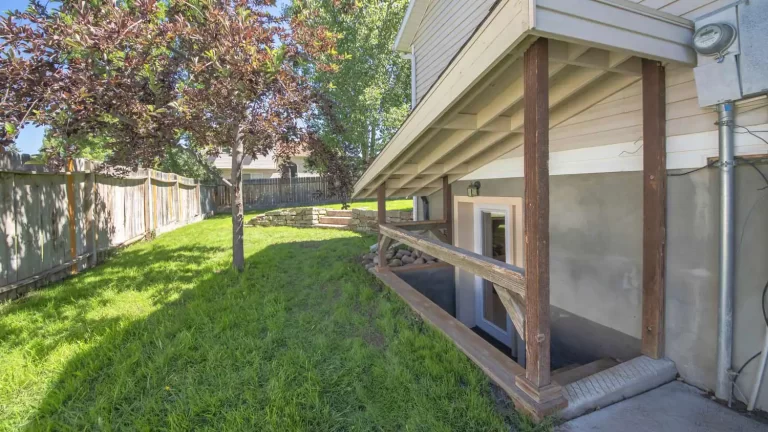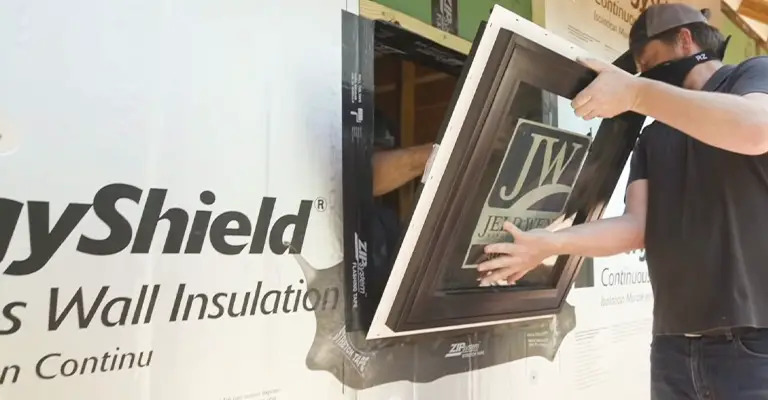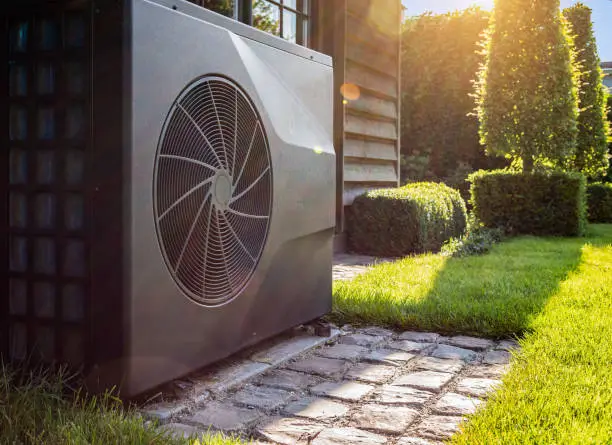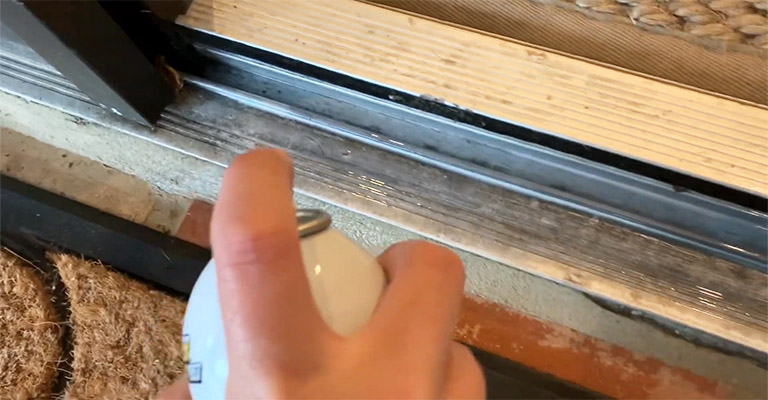How Much Does It Cost to Run Electricity to A Shed?
It probably sounds far-fetched to say it.
But any homeowner who owns a shed or a detached garage will have considered running electricity to it. That is if they haven’t already.
The logical next question is How much will it cost? How much does it cost to run electricity to a shed?
While the short answer is anywhere from $100 to $5000. The answer you want is that it depends on a couple of factors, specific to you. Just what those factors are and the cost estimates of each one is what we break down in this post.
After all, it is highly illogical to intend to use your shed or garage as a workspace, an office, or a man cave without electricity. But before we dive in, let’s answer a critical question.
Do You Need an Electrician to Run Power to A Shed?
Or can you do it yourself?
Even if you are an avid DIYer, taking up electrical wiring as a DIY project is not advised if you have no knowledge or experience working with electrical wiring.
Even if you do, you may still miss some best practices that a licensed professional electrician will not miss. Plus, a licensed electrician does not need a permit to run power to a shed in many states.
If you are confident in your abilities then by all means go ahead. just remember that you need a permit which can cost anywhere from $25 to $300 depending on your location.
Factors Influencing the Cost of Running Electricity to Your Shed
The exact cost you will incur to run electricity to your shed or garage depends on four factors, explained below;
Distance Between the Shed and the Main Terminal
This is by far the most important factor cost factor as it can drive up the cost quickly or render it almost insignificant if the shed is closer.
The length of wiring needed to run electricity to your shed or detached garage is solely dependent on the location of your property.
More wiring will be required if it is farther and less wiring used if it is closer. And more Conduit will also be required to protect the wires underground.
The approximate price for 6-gauge wire ranges from $3.5 to $5.90 per foot (for heavy loads) and 12-gauge wire ranges from $0.5 to $0.8 per foot (For lighter Loads).
The approximate price for a 1-inch size conduit ranges from $1.5 to $1.8 per foot (Inclusive of RMC and PVC conduits).
The location will also drive up any labor costs incurred. Such as digging trenches to bury the wires, drilling through concrete or creating access holes, and resurfacing your lawn after the job is complete.
Electrical Capacity of The Shed
This is an equally important factor that will influence the cost of running electricity to your shed. You need to determine what the shed will be used for before your run power to it.
If you run a baseline wiring, and then later decide to run any power tools or plug in a piece of high-capacity equipment–you might end up blowing up fuses and overloading wires.
And if you go overboard without taking note of capacity requirements, you might end up overspending on the project when you probably just need a light fixture in your shed.
So run the numbers. How many outlets do you need? How many light fixtures? What tools do you intend to use? you want to get this right the first time.
Your desired capacity will determine the following; The size of the circuit breaker or terminal box and the gauge of electrical wiring.
For light loads, one or two light fixtures, and maybe an outlet, you will need smaller wires which translates to a bigger gauge and will spend within a total estimate of $1000 to $1500 depending on the distance to shed.
For heavier loads, multiple fixtures, outlets, and special electrical terminals, you will need bigger wires, smaller gauges and will spend within a total estimate of $2000 to 2500+ depending on the distance to shed.
Location Of the Shed
The cost of hiring a local electrician differs from city to city, you may spend up to $100 per hour if you reside in a major metropolitan state. Whereas you could be charged $50 per out for roughly the same projects in a rural area. To get the best pricing while also ensuring high-quality work, it’s always best to reach out to a local residential electrician who’s based in your area. They will be in tune with your area’s pricing and will be able to accurately estimate the costs. In return, this will help you create an accurate budget and limit the possibility of unexpected costs.
Quantity Of Renovation Required
Electrical wiring in houses is a building activity that is usually installed before completing a house.
Thus, whenever updates are made or rewiring is needed, the electrician or contractor may need to break into walls, and fittings to complete the work.
It will cost more resurface plaster or reattach drywall or other fittings. You may need to hire a repair contractor or fix it yourself if the electrician cannot handle it.
You will ultimately spend more if you need to break into drywall or plaster to run electricity to your shed or garage
Can I Run Electricity to My Shed Myself?
Running electricity to your shed yourself will only require you to purchase materials and tools for the job. You should plan to spend about $100 to 500 depending on the existing tools you have, the type of materials you purchase, and the main cost factors listed above. You still need to determine, how far the shed is to your house, the electrical capacity you need, your location, and the quantity/level of renovation required.
FAQ
How far can you run electrical wire underground?
Depending on whether you use a Rigid Metal Conduit (RMC) or opt for a PVC conduit the minimum depth is 6 inches underground and 18 inches underground respectively. Thus, you won’t have to dig deep for RMC, unlike rigid PVC.
Do I need a permit to run electricity to my shed?
In most cases, you will need a permit to run electricity to your shed. The only situation where it may not be necessary is when the distance between your shed and your house is short (like 5 feet apart) with negligible cost that any novice DIYer can complete the job safely.
Permits cost anywhere between $25 to $300 depending on your location. However, if you hire a licensed electrician you won’t need to get a permit as they would be licensed to perform such types of jobs.
How much does it cost to run power to a shed?
The exact cost depends on several factors such as Distance between the shed and the main terminal, Electrical capacity of the shed, Location of the shed, and the Quantity of renovation required. But on a general note, it will cost $100 to $500 for DIY and $ 1500 to 2500+ to hire an electrician.
Does shed wiring need to be in conduit?
The wiring your pass from the distance between your house and the shed should be in a conduit. An electrical conduit is a durable tubing or enclosure used to protect electrical wiring from damage. This is especially the case when a wire is buried underground. Also it is a good practice to cover electrical outlets. Moisture and pressure could damage the wire over time if it is not passed through a conduit. So yes, you need to pass shed wiring through conduits.
Electrical Panel and Main Service Considerations
It is necessary to assess the capacity of your main service panel. The national electrical code mandates specific requirements that might necessitate the installation of a sub panel to handle additional load.
This step ensures that your main panel does not get overloaded. It’s important to consult with your electric company or a licensed electrician who can inspect your breaker box and house service setup to determine if a ground rod is required or if your existing electrical panel can handle how much power you plan to use.
Generally, using extension cords as a long-term solution is not advisable due to safety concerns. Engaging with your power company early can provide guidance on interior wiring standards and help forecast the overall costs effectively.
In Closing
The cost to run electricity to a shed is a classic example of a “made to order” type deal. There is simply no universal price. The final cost will always depend on several factors that can drastically raise the cost or lower the cost.
On a general note, however, it will cost $100 to $500 for DIY and $ 1500 to 2500+ to hire an electrician. Thus, the only certain fact is that it is cheaper to run electricity to your shed if you do it yourself.
However, do not prioritize cost savings to safety. If in doubt or if you cannot handle the complications of an electrical DIY, hire a licensed electrician to get the job done.

